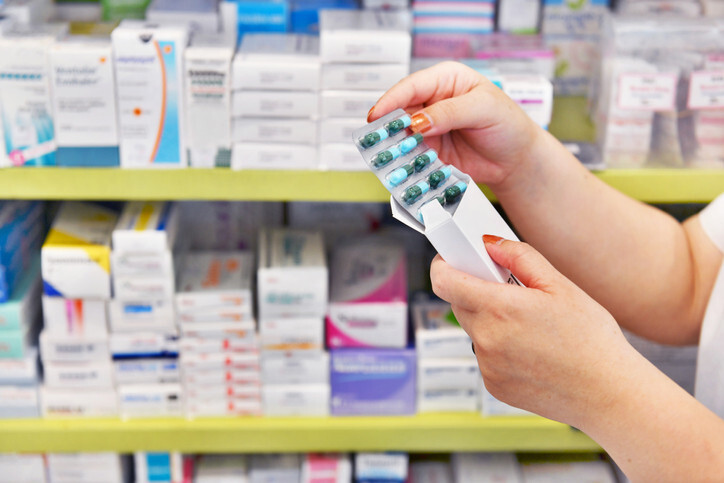
CANBERRA – A potential trade dispute between the United States and Australia over the cost of medicines has sparked concerns among Australians, with questions arising about potential price hikes and drug shortages. The core of the dispute centers on the Pharmaceutical Benefits Scheme (PBS), Australia's system for subsidizing prescription drugs.
The US pharmaceutical industry has criticized the PBS, arguing that it undervalues the cost of developing innovative medications. They are seeking higher prices, which could potentially increase their profits. However, the PBS, which keeps consumer prices low through government subsidies, conducts separate price negotiations with each pharmaceutical company, making direct US government influence difficult.
The PBS ensures that Australians pay a fixed co-payment for their medications, regardless of the negotiated price between the government and drug companies. Currently, this co-payment is A$31.60, or A$7.70 for concession card holders.
One potential point of contention is the prospect of US tariffs on Australian pharmaceutical exports. In 2023, Australia exported US$1.06 billion worth of pharmaceuticals to the US, representing 40% of its total pharmaceutical exports. Tariffs would increase the cost of Australian drugs in the US, potentially affecting US consumers. However, experts suggest this is unlikely to create drug shortages in Australia, as the nation imports about 90% of its pharmaceuticals.
The Australian government, both Labor and Coalition, has firmly defended the PBS, stating it will not be used as a bargaining chip in any trade negotiations. Retaliatory tariffs from Australia on US pharmaceutical imports could affect PBS price negotiations, but this would likely harm Australian consumers by limiting access to innovative drugs.
Despite the uncertainty surrounding these trade talks, experts believe that the US will struggle to significantly influence the prices Australians pay for their medications, especially with recent government initiatives to further reduce drug costs. The situation remains fluid, and more developments are expected in the coming weeks.
[Copyright (c) Global Economic Times. All Rights Reserved.]






























